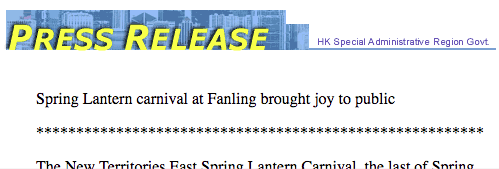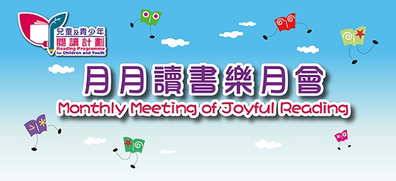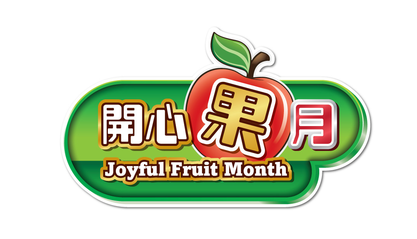|
This blog post is about a simple noun, ‘joy', and its related adjective form ‘joyful’ — two words commonly used in Hong Kong to describe public events and activities in a very positive way. Here are some examples: "With programmes specifically for learning Putonghua together with songs in Putonghua, this channel can help Hong Kong audience to learn Putonghua in an easy way and experience the joy of speaking Putonghua in everyday life." Native English speakers find all these Hong Kong examples rather strange. The reason is that, in standard English, ‘joy’ and ‘joyful’ have quite specific meanings connected with intense personal happiness. In other words, in standard English ‘joy’ and ‘joyful’ tend to be reserved for quite specific events or activities that cause a powerful positive emotional response.
0 Comments
Recently I was running a training course on effective writing for a large Hong Kong organisation. After we had talked about strategies for getting the message across to readers directly and effectively, one of the participants asked me to come and look at a poster pinned up on the noticeboard in the training room. “What do you think?” she asked. “Isn’t this just what you were talking about?” And yes, she was quite right. In our class, we had been talking about a very common Hong Kong habit when writing English. Following Chinese practice, writers often start their sentences with a subordinate clause (offering background information) before proceeding to deliver the main clause (containing the key information or message of the sentence). One common type of subordinate clause is the kind that is introduced by a subordinating conjunction, like after, although, because, before, unless or while.
This poster is just such an example. |
About this blogThis blog arises from keeping an eye on English in Hong Kong. I often use signs, notices and advertisements that I see as starting points to write about English issues that commonly challenge Hong Kong writers. Archives
October 2017
Categories
All
|






 RSS Feed
RSS Feed